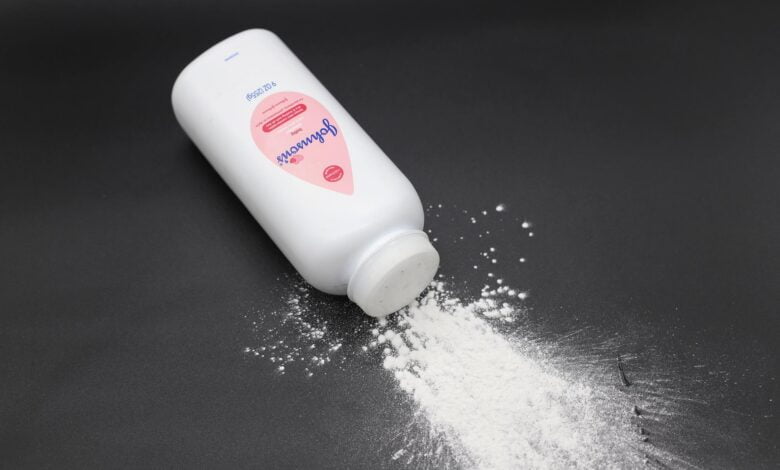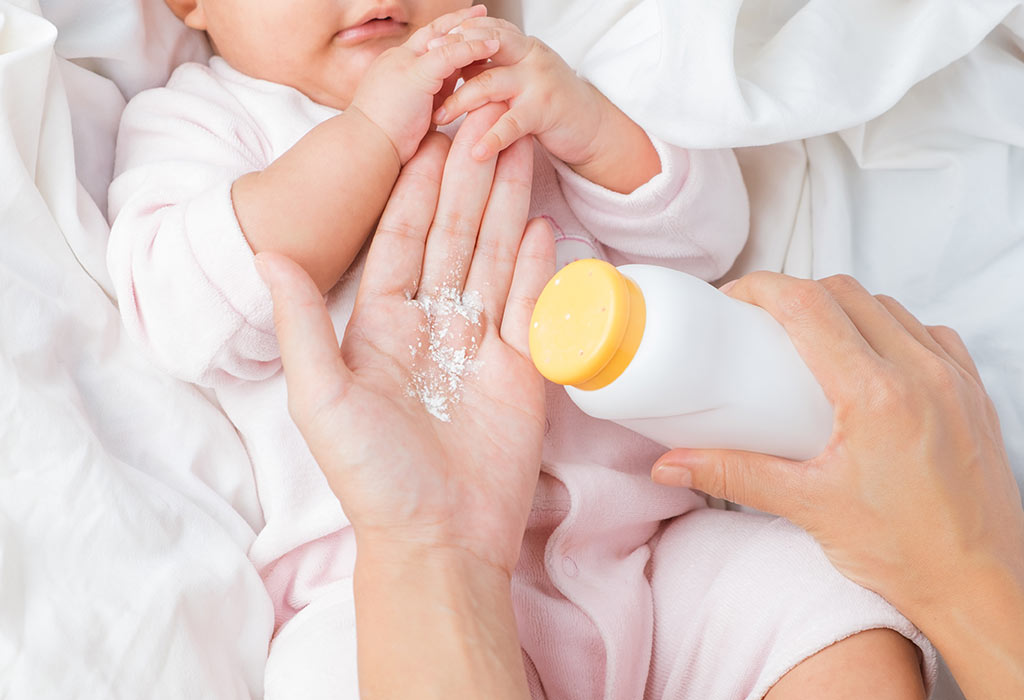Maharashtra revoked Johnson & Johnson’s manufacturing license for baby powder due to “quality” concerns.

Maharashtra revoked Johnson & Johnson’s manufacturing license for baby powder due to “quality” concerns.
The Maharashtra government revoked Johnson & Johnson‘s license to manufacture baby powder in the state. During a quality inspection, the state’s Food & Drug Administration (FDA) discovered that a sample obtained for examination was of poor quality. According to the state government office, it can have an impact on newborns’ skin.
The agency claimed that samples of the baby powder tested in a lab did not meet the required pH level. The move, according to the press statement, was made in response to the Central Drugs Laboratory’s conclusive report, which found that “the sample does not conform to IS 5339:2004 concerning the test for pH.”

Talcum powder has been a staple in infant goods for a long time because the mineral keeps skin dry and shields against diaper rash. However, the same mines that create the powder can also produce asbestos, a mineral historically employed in items like building insulation that has been linked to cancer by studies. The same advantages of talc minus the asbestos concern have been discovered by certain consumer product businesses using corn starch.
According to J&J, “our position on the safety of our cosmetic talc remains unaltered”.
The health company has been looking for strategies to limit its legal responsibilities for years. According to a business filing with the U.S. Securities and Exchange Commission made last month, it is facing 40,300 lawsuits in the US for its talc-based powders.
Last year, J&J asserted that it had difficulty managing the cases and sought bankruptcy protection for its recently formed LTL Management LLC arm.
For quality control, the FDA reportedly obtained Johnson’s Baby Powder samples from Nashik and Pune. The samples were deemed to be “not of the standard quality” by the government analyst because they failed to meet the test pH requirements of IS 5339:2004 for skin powder for newborns, according to the statement.

The FDA then instructed Johnson and Johnson to recall the stock of the aforementioned product from the market and issued a show-cause notice to the corporation by the Drugs Cosmetics Act 1940 and Rules, according to the announcement. The company “didn’t accept the findings” of the government analyst and contested its legality in court, it was noted. The report was sent to the Central Drugs Laboratory.
The note also stated that Johnson & Johnson had contested the FDA’s test report since they did not agree with it. not accepted the government analyst’s results and contested them in court before they were sent to the Central Drugs Laboratory Government of India, Kolkata, for a referral. The sample does not comply with IS5339: 2004 about the test for pH, according to a final conclusive report provided by the Director CDL, Kolkata, who has confirmed the findings of the Government, Analyst, FDA Maharashtra.

The controversy about Johnson and Johnson
In 1894, the business introduced its talc-based baby powder to treat diaper rash. However, by the 1990s, the business was being sued often for using asbestos in the powder.
There are already 40,300 cases ongoing against the corporation in the US alone alleging asbestos contamination of the powder. To date, settlement requests totaling $3.5 billion have been made.
Darlene Coker brought the first lawsuit against the business, claiming that the talc gave her mesothelioma, cancer that damages the tissues. Nevertheless, according to a Reuters report from 2018, J&J was able to withhold test findings, and Coker ultimately abandoned the complaint.
A Missouri court awarded $4.7 billion in compensation to 22 women in 2018 when it was discovered that J&J’s talcum contained asbestos, according to a report by the Associated Press. They all had ovarian cancer, all 22 of them.
J&J was aware that its powder included asbestos, but they chose not to disclose this knowledge, according to investigations conducted by Reuters and The New York Times (NYT) in 2018.
IE claims that J&J recalled 33,000 bottles of baby powder in 2019 after FDA discovered signs of asbestos in them. Later, the business released a statement claiming that the company’s test had revealed no signs of asbestos in the bottles.
In the US and Canada, it stopped selling baby powder in 2020. The decision, it was stated, was being made as a result of shifting customer behavior “driven by disinformation regarding the safety of the product and a relentless bombardment of lawsuit advertising.”
J&J established a business in Texas in 2021 called LTL Management LLC. While the assets remained with J&J, all litigation and claims were transferred to the business. Later, LTL declared bankruptcy and halted all proceedings.
According to the corporation, all cases would be resolved in an “efficient and equitable manner.” Attorneys for the opposing party, however, have claimed that the firm is using this tactic to postpone the proceedings and claims.

Can it lead to cancer?
Near talc deposits, you can also find asbestos, the term given to another class of naturally occurring silicate minerals. The FDA states that “talc has a risk for asbestos contamination.” Since it is known to cause lung cancer, ovarian cancer, mesothelioma, and other illnesses, asbestos has been utilized in manufacturing and construction.
The American Cancer Society states that it is widely believed that talc that contains asbestos can cause cancer. If asbestos-free talc also poses health risks, it is less certain. The possibility that talcum powder, when used on sanitary products or in the genital region, can lead to ovarian cancer dates back to the 1960s. But according to the FDA, “These studies have not conclusively demonstrated such a link, or if such a link existed, what risk factors might be involved.”
Pediatricians have been telling parents for years not to use talcum powder on infants, even if it doesn’t contain asbestos. Inhaling talc, they are cautioned, can result in choking, infections, and respiratory ailments.
edited and proofread by nikita sharma






